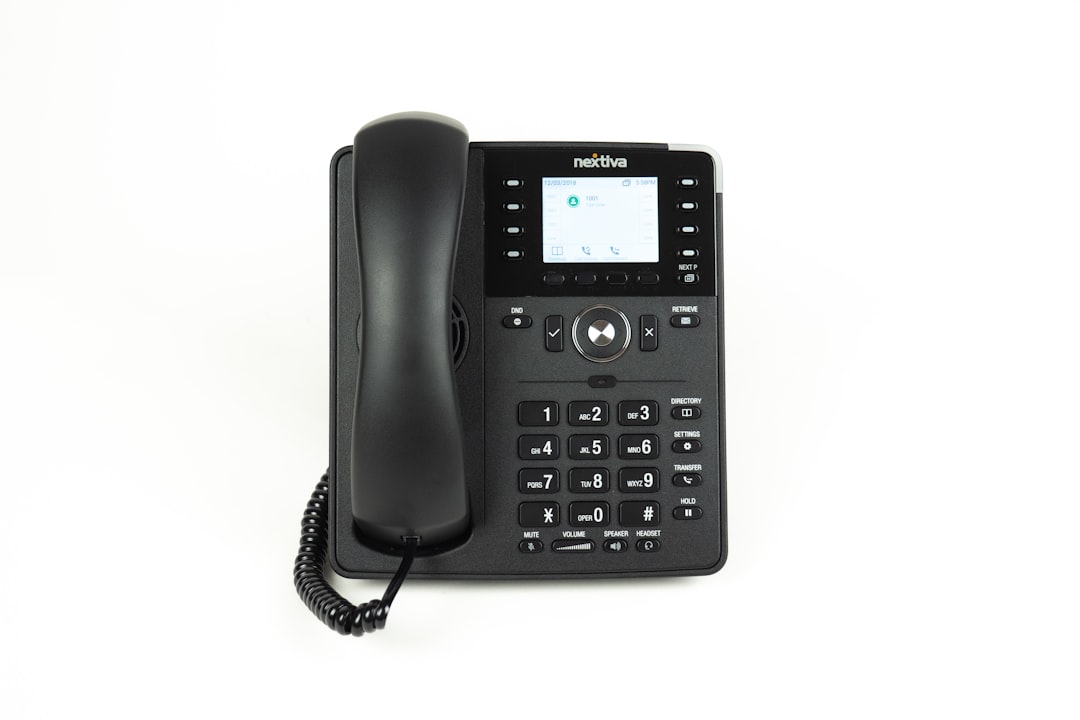In Pennsylvania, where robocalls and spam texts are common, consulting with specialized robocall lawyers is recommended. These experts help residents understand their rights under the Telephone Consumer Protection Act (TCPA) and block unwanted communications. To protect yourself from scams and persistent spam, be cautious of suspicious texts, verify claims, and use device settings or apps to block numbers. Robocall lawyers play a vital role in enforcing TCPA regulations, ensuring Pennsylvanians' privacy and safety from intrusive automated calls.
Tired of unwanted spam texts overwhelming your phone? Learn how to take control with our comprehensive guide. We break down the Robocall Laws in Pennsylvania, empowering residents to protect themselves from intrusive marketing messages. Discover common scams targeting locals and master the art of blocking spam texts effectively. Understand the Telephone Consumer Protection Act (TCPA) and explore extra measures to fortify your privacy against relentless robocall lawyers.
Understanding Robocall Laws and Your Rights in Pennsylvania

In Pennsylvania, robocalls and spam texts are regulated by state and federal laws designed to protect consumers from unwanted and invasive communication. Understanding your rights under these laws is a crucial step in effectively blocking spam texts. According to the Telephone Consumer Protection Act (TCPA), it’s illegal for companies to make automated calls or send text messages without prior express consent, often obtained through opt-in forms or clear indications of agreement.
If you’re facing an onslaught of robocalls or spam texts in Pennsylvania, consulting with robocall lawyers can provide guidance and legal recourse. These experts specialize in navigating the complexities of communication laws and can help you understand your options for blocking such calls, including filing complaints with relevant authorities and seeking damages if your rights have been violated.
Identifying Spam Texts and Common Scams Targeting Residents

Spam texts, often referred to as robocalls, have become a persistent nuisance for many residents in Pennsylvania. Identifying these unsolicited messages is the first step towards protecting yourself. Look out for unfamiliar phone numbers, repetitive or random numbers, and short, generic text content that lacks personalized information. Common spam texts may include promotional offers, surveys, or requests for personal information, often with urgent language to trick recipients into responding quickly.
In Pennsylvania, robocall lawyers have seen an increase in scams targeting residents. These fraudulent schemes often pose as legitimate businesses or government agencies, claiming prize wins, threatening legal action, or demanding immediate payment for non-existent issues. Residents are advised to be cautious of unexpected texts asking for private details or requiring urgent actions. Verifying the sender and researching any claims independently can help avoid falling victim to these common scams.
Step-by-Step Guide: Blocking Spam Texts on Your Phone

Blocking spam texts on your phone is a simple process, especially in Pennsylvania where robocalls and unsolicited messages are common. Here’s a step-by-step guide to help you take control of your notifications.
1. Identify the Spam: First, recognize the spam texts. These often come from unknown numbers and may promote legal services, loans, or other questionable offers. If you’re unsure, check if the message contains any links or requests for personal information.
2. Block the Number: Most smartphones have built-in features to block specific numbers. Go to your phone settings, find the “Calls” or “Phone” section, and locate the option to “Block this Caller.” Select the spammer’s number and confirm the action. For added protection against robocall lawyers in Pennsylvania, consider blocking all unknown numbers if your device allows it.
3. Use Built-in Filtering: Utilize your phone’s built-in call filtering or do-not-disturb mode. These features can automatically silence or block calls from known spammers and unknown numbers. Ensure these settings are enabled for maximum protection against unwanted texts, including those from robocall lawyers in Pennsylvania.
4. Report Spam: Reporting spam messages not only helps your network but also contributes to a global effort to curb spamming activities. Most service providers have reporting mechanisms in place; simply follow the instructions provided by your phone company or mobile app to flag and report the spam texts.
The Role of Telephone Consumer Protection Act (TCPA) in Combating Spam

The Telephone Consumer Protection Act (TCPA) is a powerful federal law designed to protect consumers from unwanted telephone solicitations and robocalls. Enacted in 1973, this legislation has been instrumental in curbing the rise of spam texts and automated calls across the nation, including Pennsylvania. Under the TCPA, businesses and call centers are prohibited from making telemarketing calls or sending text messages to individuals who have not given explicit consent. This law grants consumers the right to silence unwanted communications and provides legal recourse against violators.
In Pennsylvania, robocall lawyers play a significant role in enforcing the TCPA’s provisions. They assist consumers in navigating their rights and taking legal action against companies that disregard the act’s guidelines. These attorneys help protect Pennsylvanians from deceptive practices, ensuring they are not burdened by intrusive spam texts or harmful robocalls. By holding offenders accountable, these legal professionals contribute to a safer and more transparent communication environment for all residents.
Additional Measures to Enhance Privacy and Protect Against Robocall Lawyers

To further enhance your privacy and protect against unwanted robocall lawyers in Pennsylvania, consider implementing additional measures. One effective strategy is to register your number on the National Do Not Call Registry. This federal list prevents telemarketers and robocallers from calling your number unless you give explicit consent. Regularly reviewing and updating your phone settings is also crucial; many modern devices offer built-in tools to block calls from specific numbers or unknown sources.
Additionally, utilizing call-blocking apps specifically designed for Android or iOS devices can significantly reduce the volume of spam texts, including those from robocall lawyers. These applications learn and adapt to identify and block unwanted calls, providing an extra layer of protection. Remember to keep your software updated and consider using a reputable app for optimal results in filtering out robocall lawyers in Pennsylvania.






